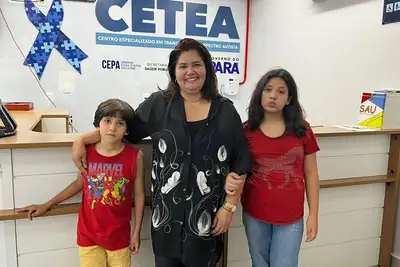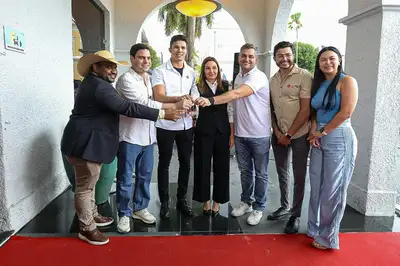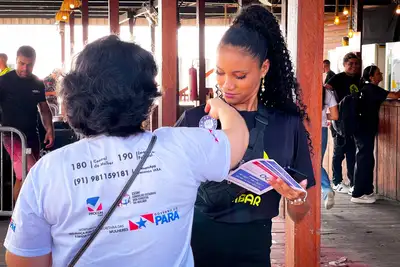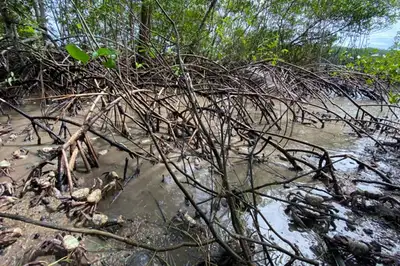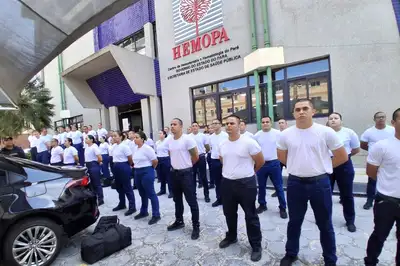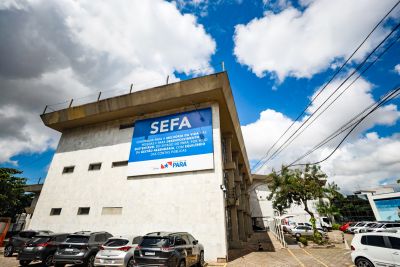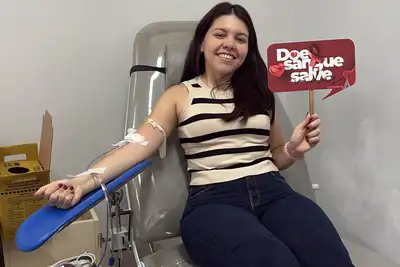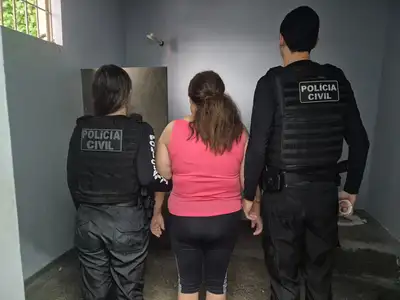First team of the "Archipelago Project: Uepa Medicine in Action in Marajó" receives certification
The project provided an experience of the challenges and potential of the SUS in the Amazonian reality, highlighting the importance of the work of health professionals in vulnerable communities
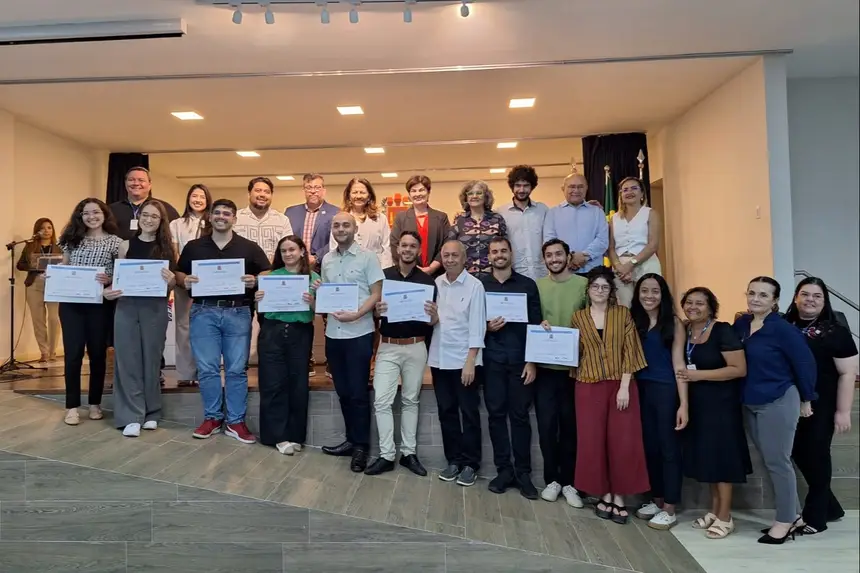
To promote health care and education to vulnerable and riverside communities in the Amazon. This was the focus of the Archipelago Project: Uepa Medicine in Action in Marajó, carried out by the Institute of Studies for Health Policies (Ieps), in partnership with the State University of Pará (Uepa), and the municipality of Soure.
On this Monday, the 18th, the certification ceremony for the first team that participated in the action was held at the auditorium of the Unit of Physiotherapy and Occupational Therapy (Ueafto), in the Center for Biological and Health Sciences (CCBS), in Belém. The Archipelago Project provided an experience of the challenges and potential of the Unified Health System (SUS) in the Amazonian reality, highlighting the importance of the work of health professionals in vulnerable communities.
The project is coordinated by the professor of Medicine at CCBS, Napoleão Braun, and by the technical staff and pedagogical coordinator Alessandra Raiol. Napoleão Braun detailed that the purpose of the project is to take students from the course to work in regions in the interior of Pará. Accompanied by preceptors from the municipality itself, the participants developed actions aimed at primary health care, the focus of the project, conducting consultations and referrals to Uepa specialists, for in-person or telemedicine appointments, to other SUS agencies, lectures, health education activities, and disease prevention, both in the urban and rural areas of Soure.
In this first stage, 10 students participated, eight from Belém and two from the Medicine course in Marabá, enrolled between the 7th and 11th periods of both campuses, selected through a public notice. According to the project coordination, the evaluation was very positive, both from the perspective of learning for the students and the benefits for the municipality of Soure, with approximately 500 consultations provided to the population.
Attending the ceremony were the rector and vice-rector of Uepa, Clay Chagas and Ilma Pastana, the mayor of Soure, Paulo Victor Lima, the municipal health secretary of Soure, Iasmyn Lima, the representative of the Ministry of Health, Lena Peres, the director and vice-director of CCBS, Emanoel Sousa and Smayk Sousa, Arthur Aguilar, director of Public Policies at Ieps, and the deputy state health secretary, Heloísa Guimarães.
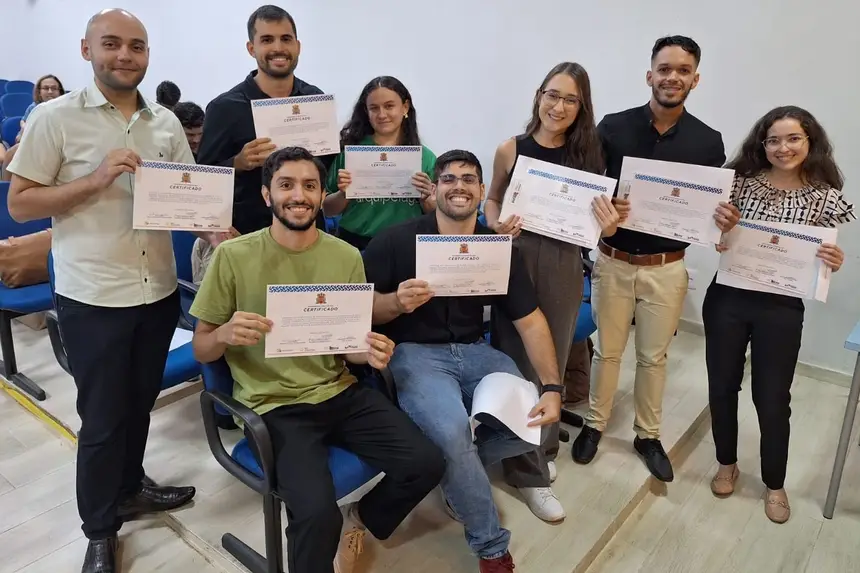
According to the director of CCBS, Emanoel Sousa, the project qualifies medical training, offering students an experience in remote areas that can influence the future settlement of professionals in the interior, in addition to ensuring immediate access to health in territories with low medical coverage and referrals via telemedicine, such as Uepa's Digital Health. The next stage of the project is expected to take place later this semester.
Secretary Heloisa Guimarães emphasized the importance of the project for the development and security of health in the State of Pará, in addition to contributing to the students' trajectory. "The certification of the project is a step forward, especially as it is something definitive in the students' curriculum, bringing them closer to the situational reality, which they will truly understand and learn from at the beginning of their professional lives. So, we see this great advancement in the multiple partnership, where the great beneficiary is the citizen from more distant regions," she said.
According to Uepa's rector, Clay Chagas, "the University is the center of knowledge production, where science is made. Technique will never be greater than science, but both walk side by side. Congratulations to everyone for the challenge undertaken! The University is available and ready to support extension projects. Humanizing is what makes us better professionals."
Arthur Aguilar, director of Public Policies at Ieps, highlighted the satisfaction of the partnership with Uepa in the Archipelago Project, with the first class of ten students providing care to the population of Soure. “The Archipelago Project combines medical training and access to health, helping to reduce inequalities in needy regions like the interior of Pará.” Aguilar recalled that, although Brazil graduates about 50,000 doctors a year, regions like the interior of Pará have, on average, only 0.5 doctors per thousand inhabitants, which reinforces the importance of the initiative to reduce inequalities in access to health.
Medical student Bruno Vilhena reported that the Archipelago Project allowed him to experience firsthand the challenges of the SUS in the Amazonian context, especially in communities in vulnerable situations, aligned with the principles of universality, equity, and comprehensiveness. According to him, more than technical knowledge, the immersion period in the public health reality of Soure, in the Marajó archipelago, will be marked by the memory of moments of care and commitment to populations that depend on the SUS, recognizing that treating illness is just one dimension of health care that also encompasses psychological, social, and economic aspects.
Text: Diane Maués (Center for Biological and Health Sciences - CCBS)



